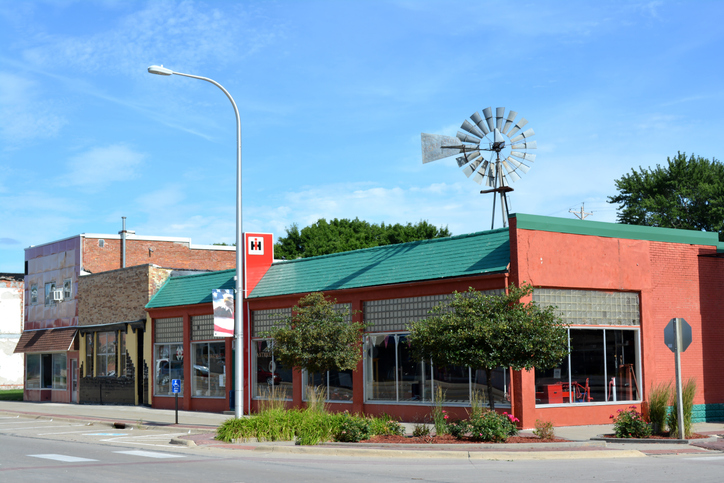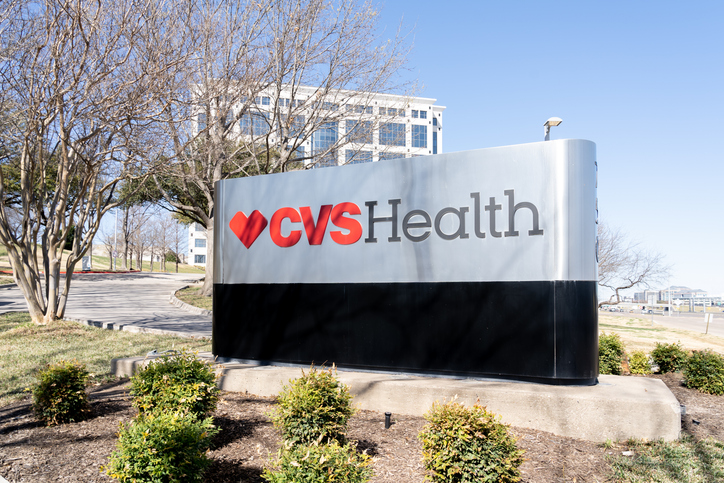The federal government’s reported plan to convert preferred shares of stock in major financial institutions to common stock with voting rights has economists, taxpayer watchdogs, and investors worried.
Investors fear the value of their shares of common stock would be diluted if the federal government converts billions of dollars of preferred, nonvoting shares. Taxpayer organizations fear taxpayers will never recoup what the government spends on the banks.
Recent news reports have suggested at least six major banks could be subjected to stock conversions. They would end up with very significant government ownership, much like the government-sponsored mortgage giants Fannie Mae and Freddie Mac, worldwide insurer AIG, and auto companies General Motors and Chrysler.
One of the banks rumored to be ripe for government takeover is Citigroup, Inc. In May the company announced it would try to raise capital through the private investment market to forestall a government stock conversion.
Started with TARP
The government took preferred shares in Citigroup and other major financial institutions late last year through the $700 billion Troubled Asset Relief Program (TARP). At the time the Bush administration said the money would be used to buy mortgage-related assets of financial institutions. Instead, the government took nonvoting preferred shares in the companies.
Citigroup last year received a $52 billion bailout in exchange for preferred stock, and in February the Obama administration announced it would convert $25 billion of the preferred stock to common stock, giving the government a 36 percent voting share of the company. Unlike common stockholders, preferred shareholders do not have voting rights.
The government is considering converting some or all of the remaining $27 billion of preferred stock to common stock, to take ownership of more than 50 percent of the company.
Other large financial institutions, including Bank of America, also could end up under government ownership through conversions of preferred shares to common.
‘Band-Aid for Banking’
Economist Mark Thornton of the Ludwig von Mises Institute says the switch from preferred to common stock is “at best a Band-Aid for the banking crisis. It only further ensures that taxpayers will not get their money back. The government would get smaller or nonexistent dividends, and it moves taxpayers into common shares which are the first to lose everything in a bankruptcy.”
Terry Coxon, a senior analyst at Casey Research, an independent economic research and analysis firm, says if the government becomes a big voting shareholder, “senior management becomes beholden to the government. Senior managements of most public companies are already terrified of the government. They will be at the beck and call of people in DC, and all assets of the company will be available for any government purpose. Those assets will get thrown into the pile of prizes for a political free-for-all. Assets will be managed politically.”
Coxon added, “Conversion takes on more risk for the taxpayers. They will no longer be first in line to receive distributions from the companies. So it gets the taxpayers in deeper without the Congress needing to approve it.”
Steve Stanek ([email protected]) is a research fellow at The Heartland Institute and managing editor of Budget & Tax News.




